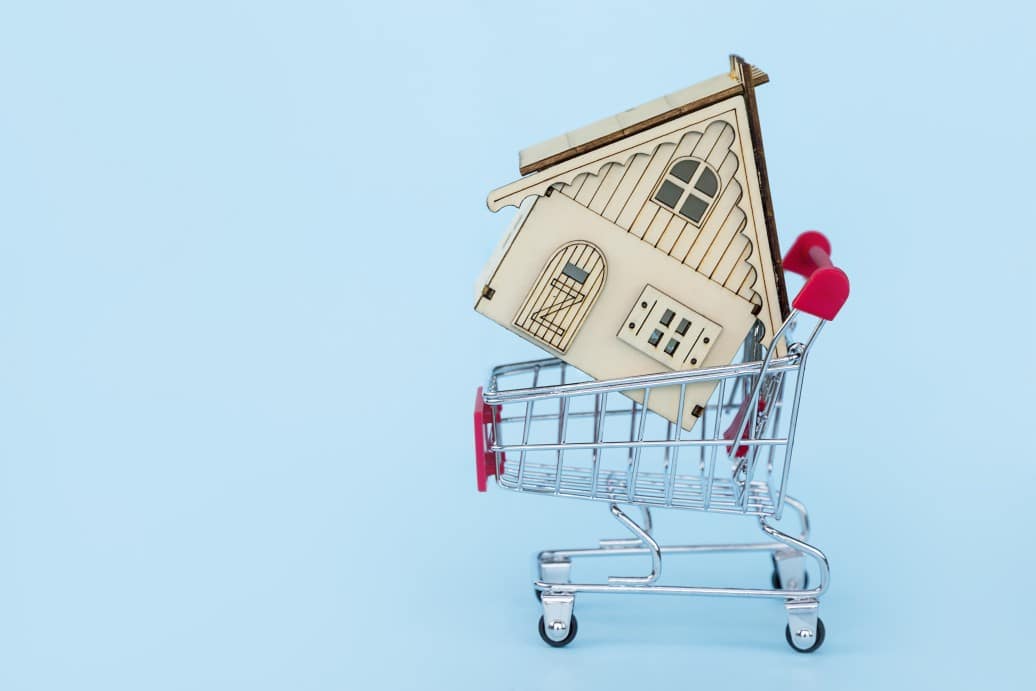If you’re planning on buying a property in Texas, one of the most important things you need to consider is the cost. One of the biggest mistakes that a lot of people make is failing to budget effectively.
Many people forget about additional expenses and underestimate how much factors beyond the simple asking price of the home will cost. Many experts advise new home buyers to add 10% onto your sum for your home buying costs, ensuring you cover anything that is more expensive than anticipated.
So, what are the different costs that need to be considered when putting your budget together for buying a home?
Down Payment
The first thing that you need to consider is the down payment. This is the percentage of the purchase price that you will need to pay upfront to secure the home loan. Lenders consider the down payment amount as part of your investment in the property.
This can have an impact on a number of different things. First, it will impact how much the lender is willing to lend you. If your down payment is large enough, it can significantly lower the amount your monthly payments will be and help you secure a loan for a more expensive property. It will also impact whether or not you are going to need to invest in private mortgage insurance.
Mortgage insurance is needed if your down payment is under 20% of the purchase price, so you will need to factor this into your expenses. This is also critical in terms of your interest rate. If you are able to provide a higher deposit, you will most likely be offered a lower rate.
Home Inspection
In addition to the down payment, when buying a home in Texas, you will also need to factor in money for the home inspection. While you may be tempted to skip the home inspection to save yourself some funds, this is not recommended.
Skipping an inspection could end up costing you much more money in the long run, as you could end up purchasing a property that has significant damage to it. That is what the home inspection is all about: making sure that you’re actually getting the property in the condition you expect.
If any issues with the property are uncovered, you can request the seller to rectify them, or you can lower your offer to adjust for covering repair costs yourself.
Closing Costs
Usually, property buyers can expect to pay between two and five percent of the purchase price of the property in closing fees.
Therefore, should you purchase a property that amounts to $150,000 you can expect to pay anywhere from $3,000 to $7,500 in closing expenses. According to a recent survey, buyers pay an average of $3,700 in closing expenses.
Property Taxes
You will also need to consider the property taxes in your local area, which depend on the state you are based in. The majority of the local governments in the United States have implemented a property tax, which is also sometimes referred to as millage rate.
In fact, for many governments, this is their main revenue source. It will be imposed on your real estate, and it is virtually always computed as fair market value.
Texas property tax rates average about 1.69% of your home and property’s total value, above the national average of 1.07%.
HOA Fees
In addition to the costs that have been discussed so far, depending on your area, there may be HOA fees to consider. HOA fees can differ considerably depending on where you reside, what your HOA provides, and the sort of property you are in. Home Owners Association costs tend to range from $100 to $300 per month.
Home Insurance
Home insurance is one final, essential cost to factor into your price calculations when buying a home in Texas. It should cover contents and the property, and it is a wise investment which ensures your property is protected. While this is not a legal requirement in the United States, mortgage providers will expect you to take out this insurance before receiving a loan, making home insurance mandatory for homeowners in nearly every case.
Moreover, you could end up with huge costs on your hands if you do not take out home insurance and something happens to your property. For such a long-term investment, it’s not worth the risk to leave your home uninsured.
To conclude, there are plenty of different costs to consider when it comes to creating a planned-out, comprehensive budget for your new home. If you consider everything that has been discussed above, you give yourself the best chance of putting together a realistic budget that enables you to move into a property without having to worry about unexpected fees.




